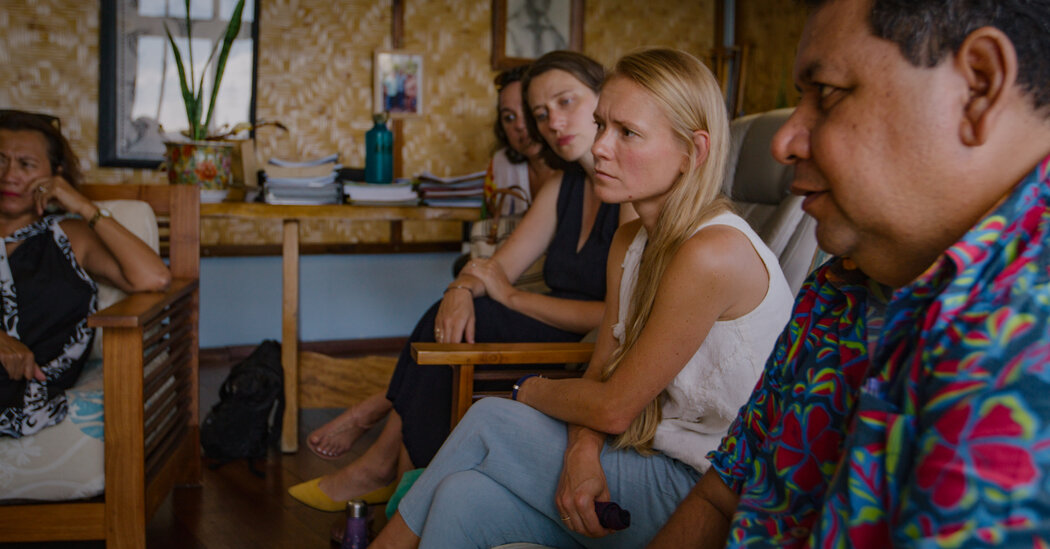Variant Bio, a small biotech company based in Seattle, is using genetic information from Indigenous people to develop drugs for obesity and diabetes.
When Stephane Castel first met with a group of Māori people and other Pacific Islanders in New Zealand to talk about his drug company’s plans for genetic research, locals worried he might be seeking to profit from the genes of community members without much thought to them.
Instead, Dr. Castel and his colleagues explained, they were aiming to strike an unconventional bargain: In exchange for entrusting them with their genetic heritage, participating communities would receive a share of the company’s revenues. Dr. Castel also vowed not to patent any genes — as many other companies had done — but rather the drugs his company developed from the partnership.
“A lot of people told us this was a crazy idea, and it wouldn’t work,” Dr. Castel said. But five years after that first conversation during an Indigenous health research conference in March 2019, Dr. Castel’s gambit is beginning to pay off for both parties.
On Tuesday, his company, Variant Bio, based in Seattle, announced a $50 million collaboration with the drugmaker Novo Nordisk to develop drugs for metabolic disorders, including diabetes and obesity, using data collected from Indigenous populations. Variant Bio will distribute a portion of those funds to the communities it worked with in nine countries or territories, including the Māori, and will seek to make any medicines that result from its work available to those communities at an affordable price.
Experts on Indigenous genetics said the deal was a positive step for a field that has been plagued by accusations of exploitation and a gulf of mistrust.
“In the past, researchers would enter Indigenous communities with empty promises,” said Krystal Tsosie, a geneticist and bioethicist at Arizona State University who runs a nonprofit genetic repository for Indigenous people. “Variant Bio is the only company, to the best of my knowledge, that has explicitly talked about benefit-sharing as part of their mission.”
